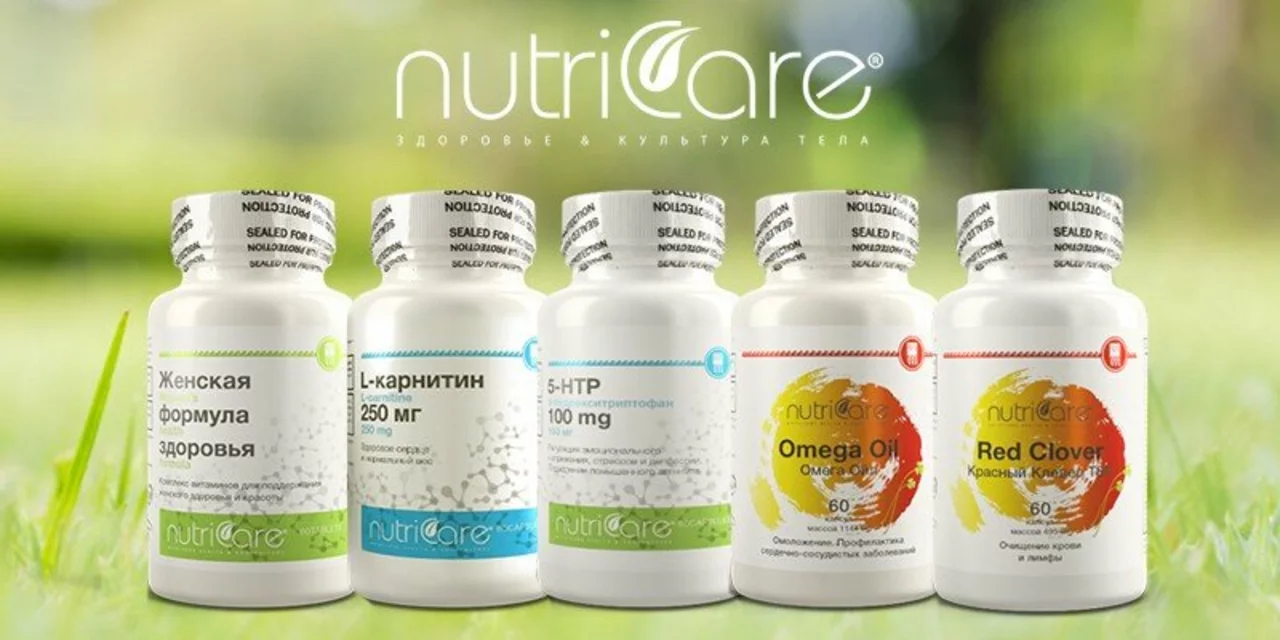Laminaria: What It Is and How People Use It
Think seaweed is only for sushi? Laminaria is a brown kelp that shows up in the kitchen, in supplements, and even inside hospitals. People use it as a food ingredient and a natural source of iodine. In medicine, dried laminaria sticks — called laminaria tents — expand when wet and are used to gently open the cervix before procedures. Below you’ll find clear, practical info so you can tell useful from risky.
Everyday uses: food and supplements
In kitchens, laminaria (often known as kombu) flavors broths and makes beans less gassy. As a supplement, it’s valued for iodine, a nutrient your thyroid needs to make hormones. A small amount can help if your diet lacks iodine. But too much iodine can cause thyroid problems, so don’t assume more is better.
Practical tip: prefer products that list iodine content per serving, and avoid daily mega-doses unless a doctor tells you to take them. If you have thyroid disease, talk to your provider before trying kelp or laminaria supplements. Also watch for contamination: kelp can contain heavy metals depending on where it’s harvested. Choose reputable brands with testing results.
Medical use: laminaria tents for cervical dilation
In clinics, laminaria sticks are used to dilate the cervix before procedures like IUD insertion, certain surgeries, or management of early pregnancy loss. The stick is sterile and made from dried seaweed. It’s placed in the cervical canal, absorbs fluid, swells, and gently opens the cervix over several hours. Many people find this less forceful than mechanical dilation.
What to expect: mild cramps and spotting are common. Serious problems are rare but can include infection, heavy bleeding, or severe pain. If you have a fever, worsening pain, or foul discharge after a procedure, contact your provider right away.
Alternatives include medication (for example, misoprostol) or mechanical dilators used in a clinic. Your provider will recommend the safest option based on the procedure, your health, and how quickly dilation is needed.
Buying and storage tips: for dietary uses buy food-grade laminaria from trusted makers. For supplements, check third-party testing and clear labeling. For medical laminaria, you’ll only get sterile, clinical-grade sticks through a healthcare provider or a licensed supplier — don’t try to source medical laminaria from unregulated sellers.
If you’re thinking about trying laminaria in any form, ask a simple question first: what problem am I trying to solve, and is laminaria the right tool? For nutrition, check your iodine levels or diet. For medical procedures, rely on trained clinicians and follow post-care instructions. Small questions and a quick talk with a provider go a long way toward safe, useful results.

The Laminaria Revolution: How This Dietary Supplement is Transforming Lives Across the Globe
I recently came across this incredible dietary supplement called Laminaria, and I just had to share its amazing benefits with you all! The Laminaria Revolution is taking the world by storm as it's transforming lives across the globe by improving overall health and wellness. Derived from brown seaweed, this supplement is packed with essential vitamins, minerals, and antioxidants that support a healthy lifestyle. What's really impressive is how it's helping people with weight loss, boosting energy levels, and even contributing to improved mental clarity. If you haven't heard of Laminaria yet, I highly recommend looking into it - I can't wait to see how it will improve my own health!
